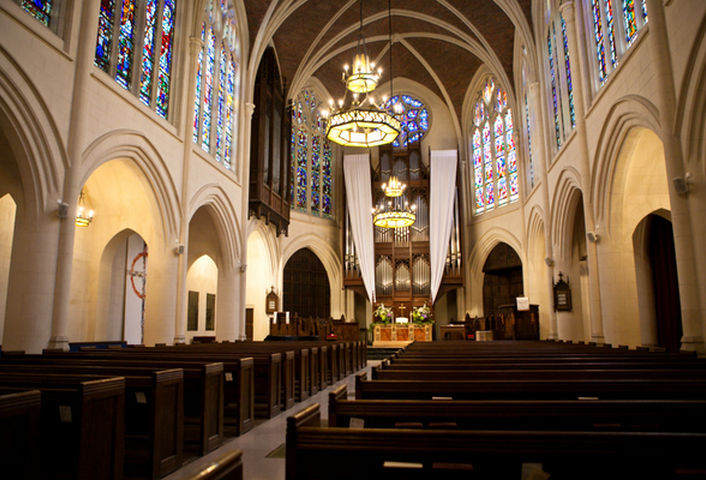Mark Edington, Bishop of The Episcopal Church in Europe, writing in The Atlantic:
Today, for the first time since the first Easter, the meaning of the figure of Jesus of Nazareth is being observed, preached, and celebrated—but not in any of Europe’s countless churches. And for those of us who find it possible to remain people of faith, contemplating what this might portend is a matter of no small unease.
It is too early to predict what the impact of this shattering break with tradition will mean for the future of the Church—or for the idea of churches. It is not too early, however, to assert that the impact will be significant.
…
Digital natives expect their content—even their faith content—to come at no cost. And, brothers and sisters, that won’t keep the church doors open….
…
My tradition teaches a simple idea expressed in the Latin aphorism Lex orandi, lex credendi—“Praying shapes believing.” Right now, people are praying at home, in their own surroundings, separated from community. And I believe that this may be the practice that shapes the belief of the post-COVID-19 era.
Still, he ends here:
At least this much is true: At the very center of the meaning of this day is the story of another empty structure—an empty tomb. From that emptiness emerged a set of ideas of incalculable influence on human life, culture, and thought.
Who knows? Today’s empty churches may hold something similar in store.

